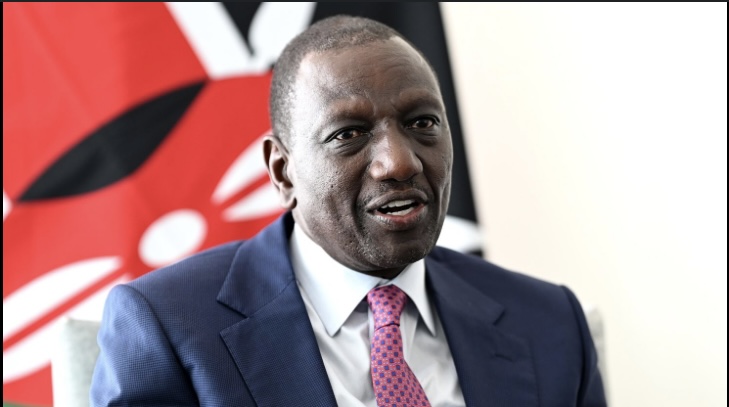
As Kenya grapples with its most intense anti-government protests in recent years and growing economic difficulties, President William Ruto is moving forward with controversial plans to construct a massive church at his official residence. The move has sparked widespread debate about the role of religion in governance and the use of public resources.
Local media report that the new church, being built in central Nairobi, will cost approximately KES 1.2 billion (around $9.3 million) and accommodate more than 8,000 worshippers.
Many Kenyans have criticized the project, especially during a time when the country is facing a severe cost-of-living crisis. Public discontent with the economic situation has eroded support for President Ruto. On Monday, nationwide protests turned deadly, with at least 31 people killed and over 500 detained.
The decision to place a religious structure on government property is now facing a legal challenge. Lawyer Levy Munyeri has filed a petition in Kenya’s High Court, arguing that the church’s construction breaches constitutional provisions against state-endorsed religion.
Despite the backlash, Ruto has defended the project, insisting it’s a personal endeavor. “I’m not going to apologize for building a church. The devil may be angry—he can do what he wants,” he stated on July 4, adding that he would fund the construction himself.
Political analyst and journalist Dr. Denis Galava told Africanews that Ruto is unlikely to face serious obstacles. “Ruto knows he can push through his agenda—parliament won’t stop him,” Galava said. He pointed to recent political moves that have strengthened Ruto’s hold on power, including the appointment of opposition figures to key government roles, which has weakened political opposition.
“There’s no effective political movement left to challenge him—parliament is just a rubber stamp now,” Galava added.
Ruto, Kenya’s first evangelical Christian president, leaned heavily on religious messaging during his 2022 campaign, earning the nickname “deputy Jesus.” He had previously constructed a chapel at his former residence in Nairobi’s Karen suburb.


